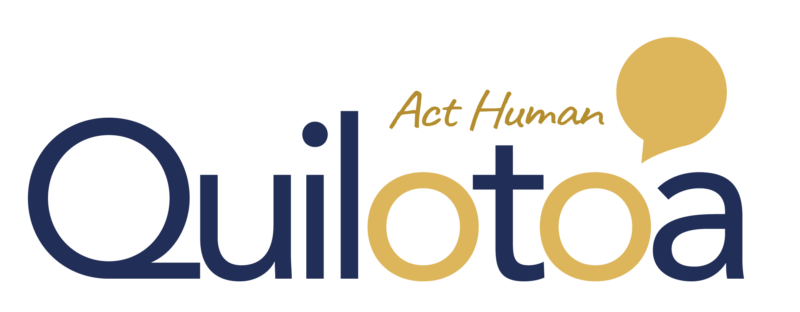Leading and conducting productive and effective meetings
Strengthen your ability to prepare and lead
effective and productive meetings.

Training objectives
1/ Identifying the issues and objectives of a professional and effective meeting
2/ Mastering the techniques of running effective and productive meetings
3/ Structuring the meeting: the different stages
4/ Choosing the right presentation methods
5/ Leading with confidence and efficiency
6/ Understanding how the group operates and adapting to it
7/ Managing individualities
8/ Getting to know yourself better as a leader (strengths and areas for improvement)
Conditions
Duration: 2 days
All audiences
Prerequisite: have led meetings or be expected to lead meetings in the near future
Price upon request
The rate depends on the scale of the project. To find out our list price, please refer to our General Terms and Conditions of Sales.
Training overview
Les fonctions et usages de la réunion
– Having a defined objective and agenda, and shared operating rules
– Identify the 5 phases of a quality meeting
– Identify the 3 leadership styles through practical experience
Animation methods and their advantages
– Practising setting up the introduction to the meeting
– Developing your leadership and facilitation skills
– Learn to lead productive discussions
– Learn how to run effective brainstorming sessions
– Strengthen your ability to win support through clarity, concision and conviction
Meeting production: during and after
– Energise the group and deal with any situation
– Managing time for greater efficiency
– Learn how to choose the right style for the situation
– Take notes and write a clear, concise report
– Identify best practices for integrating remote meeting tools
Animation training in professional situations
Training methods

Role play

Practice

Personalized action plan

Video input

Individual diagnosis
We will be delighted to answer any questions you may have (response within 48 hours)

Quilotoa pedagogy
Based on theatrical techniques, active and practical, it aims to give each participant the autonomy that is essential for lasting progress.
Theoretical points of reference, conveyed interactively, complement the practical exercises to help you get to grips with the subject.
Evaluation
Ongoing assessment : as you go along in the various scenarios.
At the end of the course : on a summary exercise.
After the course : via an online form.
People with disabilities
When our training courses are held at Quilotoa’s head office – 123 rue Jules Guesde, 92300 Levallois-Perret – they are accessible to anyone with reduced mobility.
For any further information on disability, please contact our disability advisor: Nathalie Barbey – n.barbey@quilotoagroup.com – +33 1 47 48 77 12

Experiential teaching recognised since 1993



